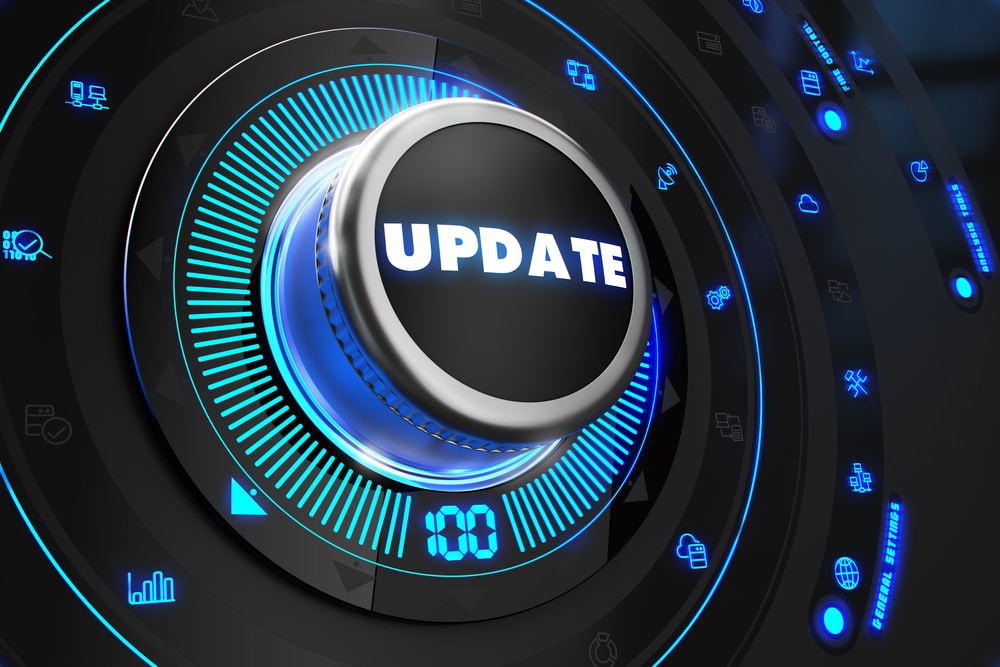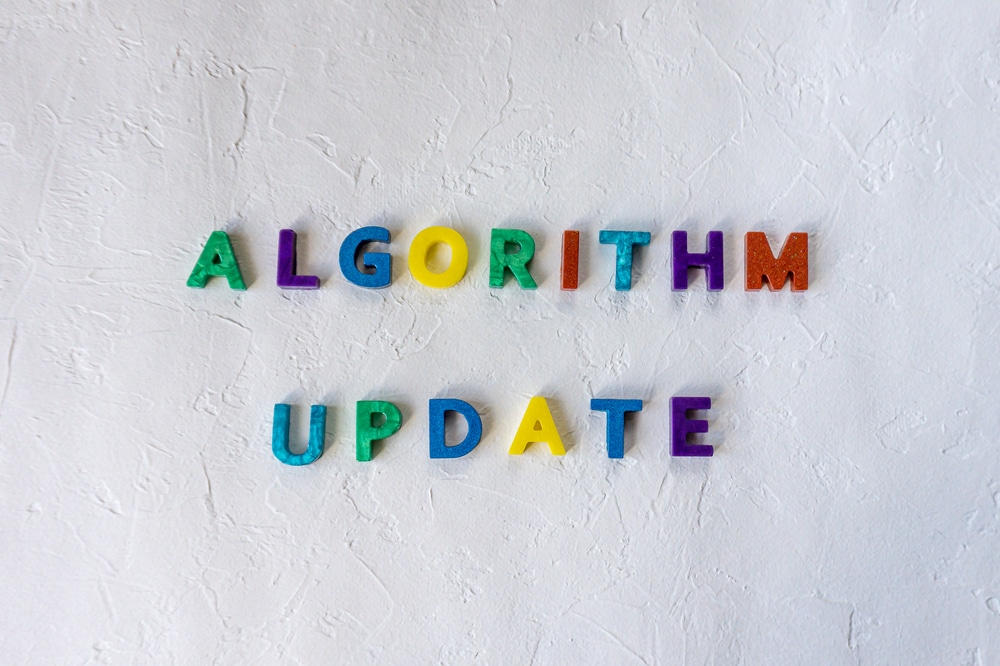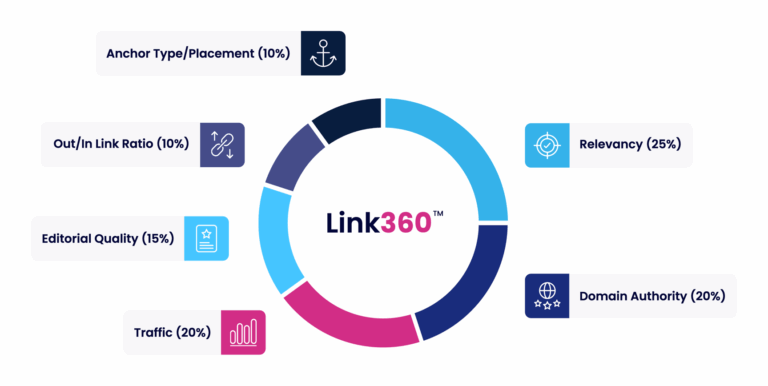Another month, another Google Core Update. As most of the world has just finished dusting itself off after the big-bang March Core Update, we’re now faced with another… the Core Update August 2024. Here’s the lowdown on what we can expect from this latest update from the search giant, with all the key details you need to know.

What is the Core Update August 2024?
The Google Core Update August 2024 is targeting low-value SEO content, and promoting quality websites. It will take around a month to rollout fully, according to the Google Search Status dashboard.
This latest Google Search algorithm change has the goal of boosting high quality web content, and relegating low value, SEO-focused material in the search results.
The aim of Google has always been to connect users with high quality websites that create original, valuable content that’s relevant to the users’ search queries.
With this in mind, the company is taking into account the feedback they’ve received from content creators over the past few months. This is why, in recognition of their efforts, the Core Update August 2024 will aim to capture improvements that sites have made following previous updates.
What are the fundamentals we need to know about the August Core Update?
Here are the key details we’ve pulled out of the Core Update August 2024. As part of the update, Google will:
- Show more content that users find genuinely helpful
- Downgrade content that’s been created with the main aim of ranking well in the search results, rather than providing value to users
- Consider recent feedback from content creators and other stakeholders
- Reward positive changes to websites
- Reiterate its commitment to showcasing high quality content from a variety of sources, including smaller, independent websites
What is a “core update” and how do they work?
Several times a year, major changes are made to the Google Search algorithm. Google refers to these as ‘core updates’, and they provide notice as to when they happen via their list of Google Search ranking updates.
Generally, most websites don’t have a need to worry about core updates. Site owners may not even be aware that one has taken place. But if there’s been a notable change in organic traffic specifically around the time of a recent core update, then the two may be connected.
Google uses core updates to make sure it continues to deliver on its mission to serve helpful, reliable results for its users.
The changes that come with an update tend to be broad-natured, rather than targeting specific industries or websites. As content on the web evolves, so Google assesses and updates its systems to keep up to date.
A good way to describe a core update is to imagine a colleague asks you to share your top book recommendations. You have a list of your 10 favourite books, but since you created it in 2021, things have shifted. You’ve discovered new titles that deserve a spot on the list, and upon reflection, some books have grown on you, earning a higher ranking.
Maybe your colleague’s love for mysteries influences your choices, too. The list evolves, and while some books may move down the ranking, it doesn’t mean they’re no longer good; it’s just that other books now better align with your current preferences and recommendations.

What to do about the August 2024 Core Update?
Core updates often disrupt the Search Engine Results Pages (SERPs), and some websites may find their rankings affected.
There’s been no quick fix announced for the August 2024 Core Update, but Google does stress the importance of creating quality, original content.
Therefore, site owners should monitor their analytics to see how their content is performing, and take any action required to make sure their content fits with Google’s user value approach.
Google recommends the following actions generally if you’ve seen a drop in rankings and believe it may be linked to a core update:
- Check that the core update has finished rolling out by checking the Search Status Dashboard.
- Wait at least a week after the core update has completed before analysing your site in Search Console. Then try comparing the current week with a week before the update started rolling out. This will allow you to pinpoint what has changed.
- Assess how your top pages and search queries were ranking before and after the update. If the drop is small, say for example you’ve dropped from position 1 to 3, don’t take any drastic action. In fact, Google recommends avoiding making any changes to content that’s performing well.
- If there’s been a large drop, say from position 3 to 30, you’re advised to analyse different search types separately to help you understand whether the drop has occurred in web search, images, video or news.
- If the drop in rankings applies to your site as a whole, check if all the pages are delivering helpful, reliable, user-first content.
- Before making any changes in response, avoid any knee-jerk quick fixes, such as removing content that you heard wasn’t SEO-friendly. Instead, focus on making changes that will make it easier for your visitors to navigate the site and find what they need.
- Consider deleting content as a last resort, and only do so if you think it can’t be rescued by improving it. However, if the content was created purely with a search engine-first approach, then deleting it may help the user-focused, good quality content on your site perform better.

Core Update Guidance – Updated
As part of the update, Google has also updated its help page about core updates. This now includes more comprehensive and practical guidance for any website owner who experiences changes following an update.
The key changes in the updated guidance are:
- New sections added covering the use of Search Console to assess traffic drops and evaluate significant position changes.
- Advice on making content improvements, with an emphasis on prioritising wider-reaching changes over quick fixes.
- Expectations for the time needed to see a change in rankings once improvements have been implemented.
- Removal of some explanatory content about the nature of core updates.
Google Core Update August 2024 – Key Takeaways
The key message is that if you believe your Google Search rankings have dropped following the Google Core Update August 2024, don’t make any knee jerk changes such as deleting content.
Try instead to adopt a ‘review and improve’ approach, keeping in mind that Google favours user-focused, helpful content that’s unique, authoritative and clearly answers questions.
Whenever there’s been a core update, the best course of action is to speak to an SEO specialist such as Figment. They will analyse the impact of the update on your site, and provide tailored advice on what you should do to mitigate the damage and ultimately recover from any drop in rankings.
In the meantime, make sure that any new content you add to your site follows Google best practice. That way, you’ll know you’ll be on the right side of any future content-related updates.




